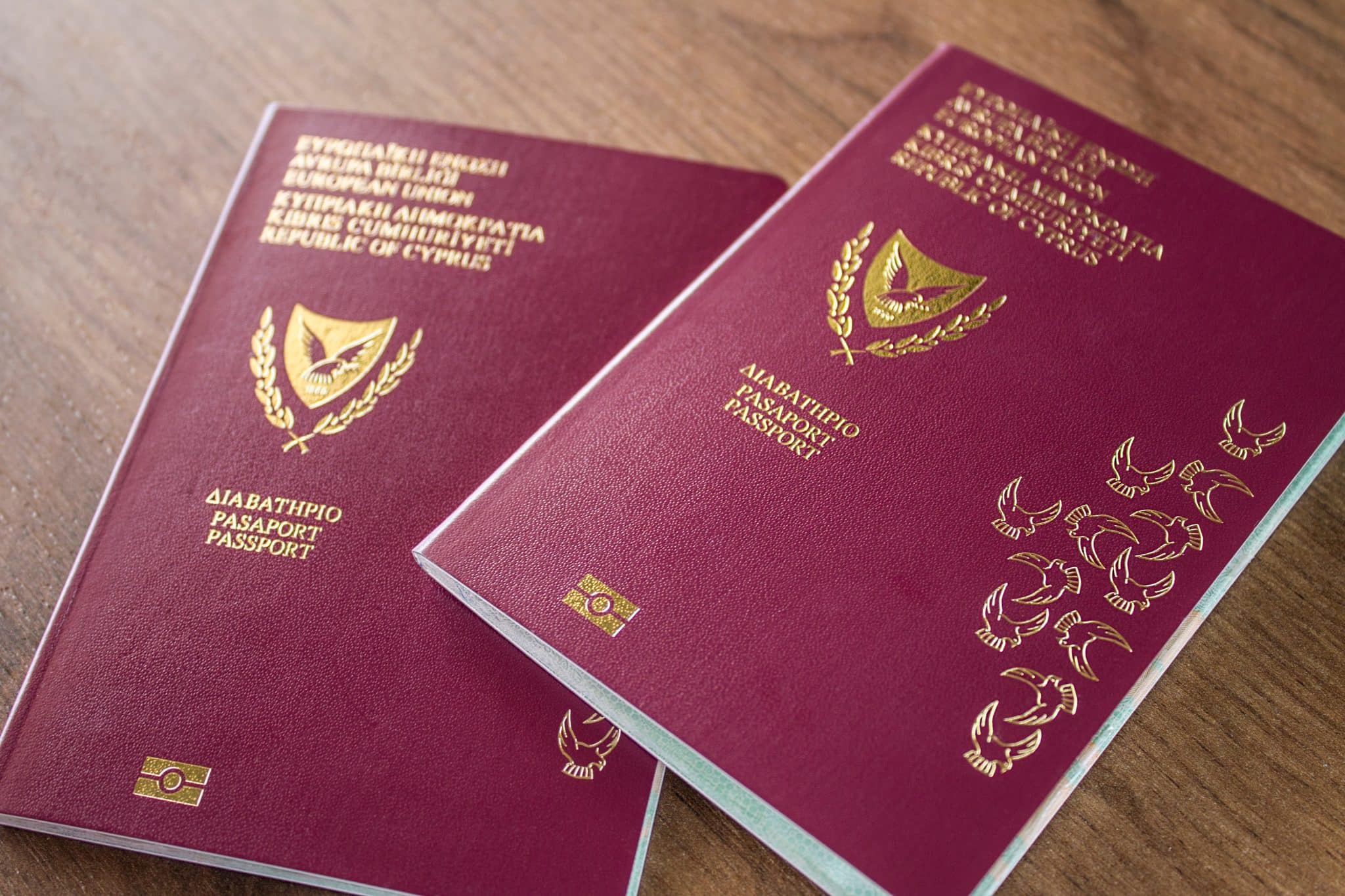Recent changes to naturalisation law appear shrouded in secrecy
The subject of fast-track citizenship was in the news last week, following questions raised by independent MP Alexandra Attalides.
There are three ways of obtaining Cyprus citizenship, two of which – being of Cypriot descent or being married to a Cypriot – are unavailable to most applicants. That leaves only naturalisation, the usual path for third-country nationals.
The criteria, laid out in Article 111 of the Population Register Law of 2002 (Ν. 141(I)/2002), include being resident in Cyprus for eight years (the last one continuously), as well as being of good character, proficient in Greek, financially independent and so on.
However, recent modifications to the law (Article 111B (2)) have created another pathway for “highly specialised” employees at designated companies – mostly, though the law doesn’t say so, in the IT and tech sectors – with relaxed criteria.
The law allows these workers to apply after four years instead of eight. It also relaxes the language requirement, allowing them to speak Greek only at A2 level (defined as ‘Elementary’) instead of the usual B1, though in that case another year is added to the residency criteria.
Attalides asked Interior Minister Constantinos Ioannou for details, and was informed that 208 third-country nationals, plus 65 dependents, have obtained citizenship under this modified law, with 360 applications still pending.
The MP also sought the names of the companies employing these people, as well as the number of citizenships per company – but was told that the ministry doesn’t keep such detailed records, nor is it legally required to do so.
Consequently, she’s preparing a draft law, which she plans to submit when parliament re-opens next month, Attalides told the Cyprus Mail.
The issue is that “companies may be selling citizenships,” she says, claiming that the modified law is an attempt to bypass – or resurrect – the now-defunct CIP, the controversial Cyprus Citizenship by Investment Programme that was discontinued in 2020.
Attalides’ proposed law will call on the migration department to keep records including, for instance, the applicant’s employer, their nationality, their specific position, their skills (allowing outsiders to judge whether the work could’ve been done by a Cypriot or EU citizen), their qualifications – all those things “where the ministry’s playing dumb, just like they did during CIP,” as she puts it.
“If you go on TikTok, I’ve seen foreigners who are advertising this scheme, saying ‘Come to Cyprus, get a job, get citizenship’,” she claims.
“So some people have already started to promote this thing… Meaning that, instead of the state getting rich selling citizenships [as with CIP], it’ll be companies who are selling them, if we’re not careful.”

Attalides is right that even a cursory search for ‘Cyprus citizenship’ on TikTok brings up a host of videos offering to facilitate the process.
There’s obviously nothing illegal in savvy lawyers or consultants exploiting the law for their clients. But it’s also clear that we need transparency to ensure that well-connected companies aren’t being disproportionately favoured by the relaxations.
Then again, by its very nature, a fast-track exception for “highly specialised” applicants (a term undefined by the law) is bound to favour the few over the many – an imbalance that’s an openly stated part of government policy.
“Our goal is to position Cyprus as a vibrant hub for technology and innovation – a place where local and international talent come together to drive growth, attract investment, and build a stronger, more competitive and more resilient economy,” Nicodemos Damianou, deputy minister of research, innovation and digital policy, wrote in an emailed response to the Cyprus Mail.
“This vision is already showing results, with the technology sector contributing more than 14 per cent to the national GDP – and attracting specialised talent is an integral part of that strategy…
“In this context, the fast-track citizenship provisions enhance Cyprus’ attractiveness as a destination for highly skilled professionals – crucial for the growth of the technology sector – and encourage people to make the country their home.”
There’s a larger question here, namely to what extent it’s permissible for the state to weaponise citizenship.
It’s universally acknowledged, for instance, that a domestic worker from a third country might stay in Cyprus for many years, never get in trouble, speak good Greek, contribute significantly to the functioning of society (albeit not to the national GDP), yet still struggle – or usually fail altogether – to become a citizen.
We’ve also seen cases of children born to a Cypriot parent and an asylum seeker – a matter on which the government has been rigid, applying the law very strictly and refusing citizenship, even if it means the kids remaining stateless. Yet it’s happy to make exceptions for those deemed ‘crucial’.
Then there’s the spectrum of third-country nationals caught in the middle – those who might be entrepreneurs, for instance, opening a small business in the agriculture or service sector.
Such people are obviously here for the long term, assuming their business survives – yet the state gives priority to specialised tech employees who, by the nature of their job, could easily relocate somewhere else in a few years, with Cyprus citizenship safely in their pocket.
In the end, the question boils down to what should govern the granting of citizenship.
Should it be the more romantic notion of whoever has forged a connection to the country, and contributed to the life of the country – or the strictly mercantile notion of whoever is useful to the country?
“I voted against this law,” says Attalides, meaning the law creating the fast-track exception. “I believe we could easily just give them residence for as long as they’re working here.”
Maybe so – but one shouldn’t confuse two different arguments. The government easing citizenship rules to attract skilled professionals is probably permissible, even if they could’ve been given residence permits instead.
The system being corrupt, and abused to include individuals who shouldn’t be eligible in the first place, is the real danger – and the reason why we need more transparency. Alas, the MP is pessimistic.
“In a few years from now, this will be the new big scandal,” she predicts.






Click here to change your cookie preferences